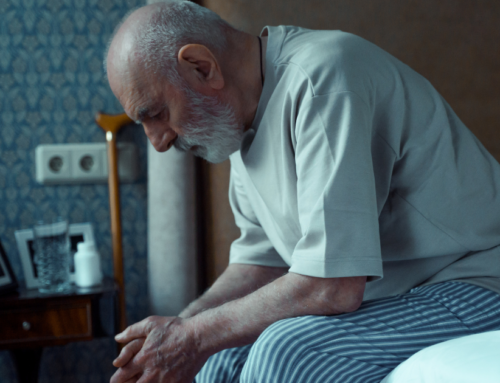Does research show women at a higher risk for dementia?
Many women are driven by a natural need to nurture, beginning early in life as they cuddle and care for baby dolls. Many of us have experienced the kind, compassionate care of beloved women in our own lives. It’s hard to imagine a world with fewer female caregivers, but a new study alerts us to that as a very real possibility.
It’s been determined that over three million women are battling dementia – as many as two out of every three Americans diagnosed with the disease. And even more sobering, statistics show that women’s risk of developing Alzheimer’s is as high as one in six (compared to one in eleven men). It’s also currently one of the top 5 leading causes of death of women in the United States and is expected to reach the health crisis status of heart disease and breast cancer in women.
A variety of factors come into play to swing the potential for Alzheimer’s in favor of women, including longer life expectancies and hormonal changes after childbirth and menopause affecting brain metabolism.
Since family caregivers are predominantly women (60 – 70%), the issue is twice as critical. Not only do we need to plan for care for the women in our lives who could potentially be impacted by Alzheimer’s disease themselves, but for those for whom the women would otherwise have provided care.
Compounding these needs even further, it’s important to note that female caregivers are at a higher risk for depression than their male counterparts, and are less likely to seek respite, resulting in heightened stress levels.
Providing outside help for those caring for a family member, particularly if that family member has been diagnosed with Alzheimer’s disease, is crucial. Hiring a caregiver who’s been fully trained in dementia care, improves the quality of life and enhances wellbeing for both you and your loved one.
Contact us to learn more about our home care services, available across the Pacific Northwest in Washington, Idaho, and Oregon.






